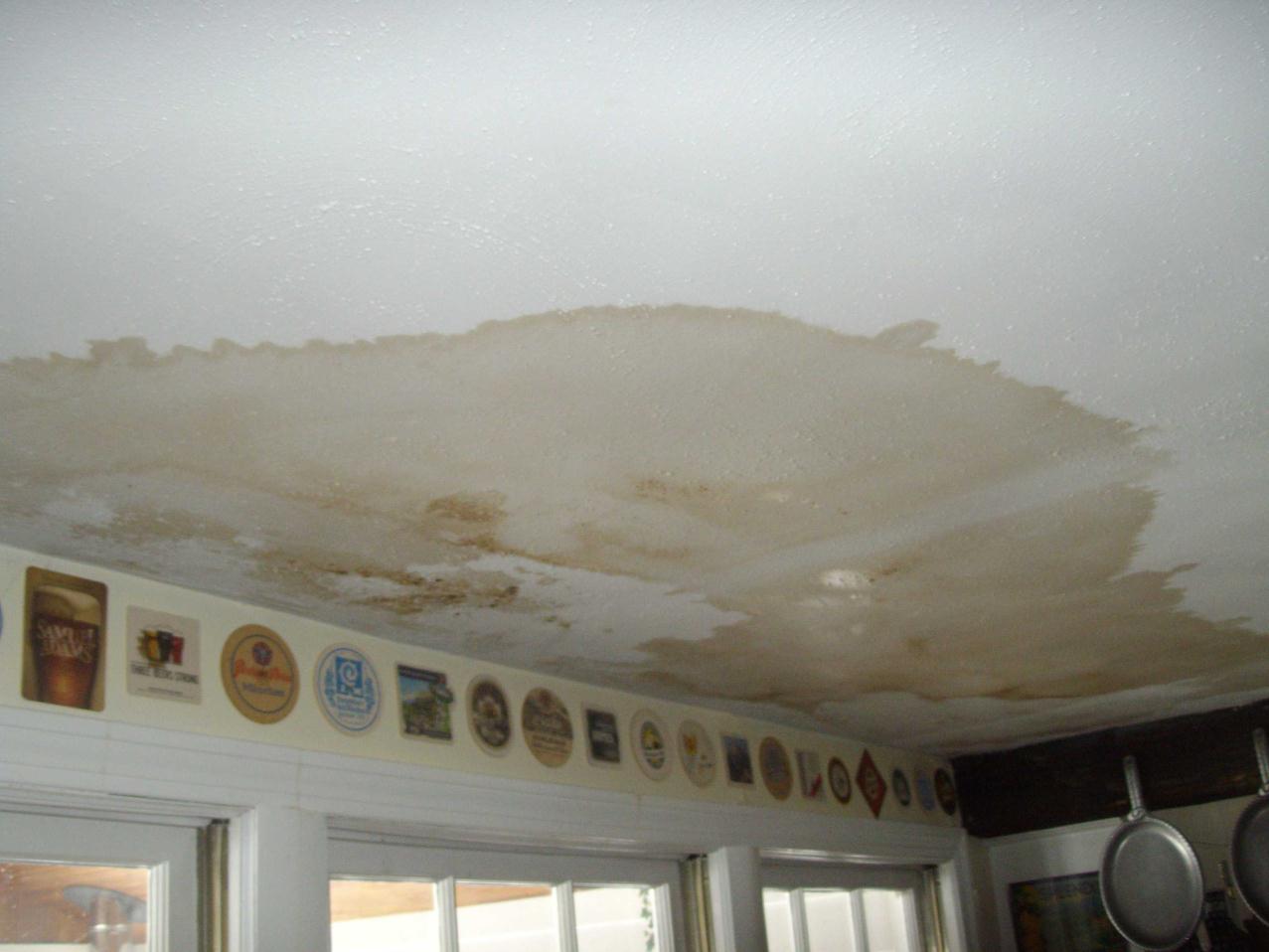Do's & Don'ts of Water Damage.
Do's & Don'ts of Water Damage.
Blog Article
Everyone has got their private assumption with regards to Preventing Fires and Water Damage In Your Home.

Water provides life, water invasion on parts where it's not intended to be can result in damages. Residences with water damages odor stuffy and old.
Water can come from several sources such as tropical cyclones, floods, ruptured pipelines, leakages, and drain problems. In case you experience water damages, it would be great to know some safety preventative measures. Right here are a few standards on how to take care of water damage.
Do Prioritize House Insurance Policy Coverage
Water damages from flood because of heavy winds is seasonal. You can also experience a sudden flood when a faulty pipeline instantly breaks right into your residence. It would certainly be best to have house insurance policy that covers both disasters such as natural calamities, as well as emergencies like broken plumbing.
Don't Fail To Remember to Turn Off Energies
This cuts off power to your entire house, stopping electric shocks when water comes in as it is a conductor. Don't fail to remember to transform off the main water line valve.
Do Keep Proactive and also Heed Weather Condition Alerts
Listen to evacuation cautions if you live near a creek, river, or lake. Doing so minimizes potential residential property damage.
Don't Overlook the Roofing System
You can avoid rainfall damage if there are no openings and leakages in your roof. This will certainly protect against water from moving down your walls and saturating your ceiling.
Do Take Notice Of Small Leaks
A ruptured pipeline doesn't occur overnight. You might see bubbling paint, peeling wallpaper, water streaks, water spots, or trickling audios behind the walls. Have your plumbing repaired before it results in massive damage.
Don't Panic in Case of a Burst Pipe
When it comes to water damages, timing is essential. Thus, if a pipeline ruptureds in your home, immediately closed off your major water shutoff to reduce off the source. Call a reliable water damage restoration expert for support.
Water provides life, water invasion on parts where it's not expected to be can result in damages. Houses with water damage smell old and also mildewy.
Water damage from flood fees to heavy winds is seasonal. You might discover gurgling paint, peeling wallpaper, water touches, water spots, or leaking sounds behind the wall surfaces. When it comes to water damage, timing is vital.
Water Damage Do and Don'ts
Water damage at your home or commercial property is a serious problem. You will need assistance from a professional plumber and a water damage restoration agency to get things back in order. While you are waiting for help to arrive, however, there are some things you should do to make the situation better. Likewise, there are things you absolutely shoud not do because they will only make things worse.
DO these things to improve your situation
Get some ventilation going. Open up your doors, your windows, your cabinets – everything. Don’t let anything remain closed. Your aim here is to expose as much surface area to air as possible in order to quicken the drying out process. Use fans if you have them, but only if they’re plugged into a part of the house that’s not currently underwater.
Remove as much standing water as you can. Do this by using mops, sponges and clean white towels. However, it’s important that you don’t push or wipe the water. Simply use blotting motions to soak it up. Wiping or pushing could result in the water getting pushed deeper into your home or carpeting and increasing your problem.
Turn off the power to the soaked areas. You will want to remove the danger of electrocution from the water-logged area to do some cleaning and to help the plumber and the restoration agents do their work.
Move any furniture and belongings from the affected room to a safe and dry area. Taking your possessions to a dry place will make it easier to decide which need restoring and repair. It will also prevent your belongings from being exposed to further moisture.
DON’T do any of these things for any reason
Don’t use your vacuum cleaner to suck up the water. This will not only get you electrocuted, but will also severely damage your vacuum cleaner. Use manual means of water removal, like with mops and pails.
Don’t use newspaper to soak up the water. The ink they use for newsprint runs and transfers very easily, which could then stain carpet and tile with hard-to-remove stains.
Don’t disturb mold. This is especially true if you spot a severe growth. Leave the mold remediation efforts to the professionals. Attempting to clean it yourself could mean exposing yourself to the harmful health effects of mold. Worse, you could inadvertently spread it to other areas of the house.
Don’t turn on your HVAC system until given approval from the restoration agency. Turning your HVAC system on before everything has been cleaned could spread moisture and mold all over the house.
https://www.dreyersdki.com/about-us/blog/water-damage-do-and-donts

As a fervent reader on Reducing Your Risk Of Water And Fire Damage At Home, I imagined sharing that piece of writing was worthwhile. Do you know someone else who is interested in Ways to Reduce The Risk Of Fire And Water Damage? Why not promote it. We thank you for reading our article about Safety Tips To Prevent Fire And Water Damage.
Report this page